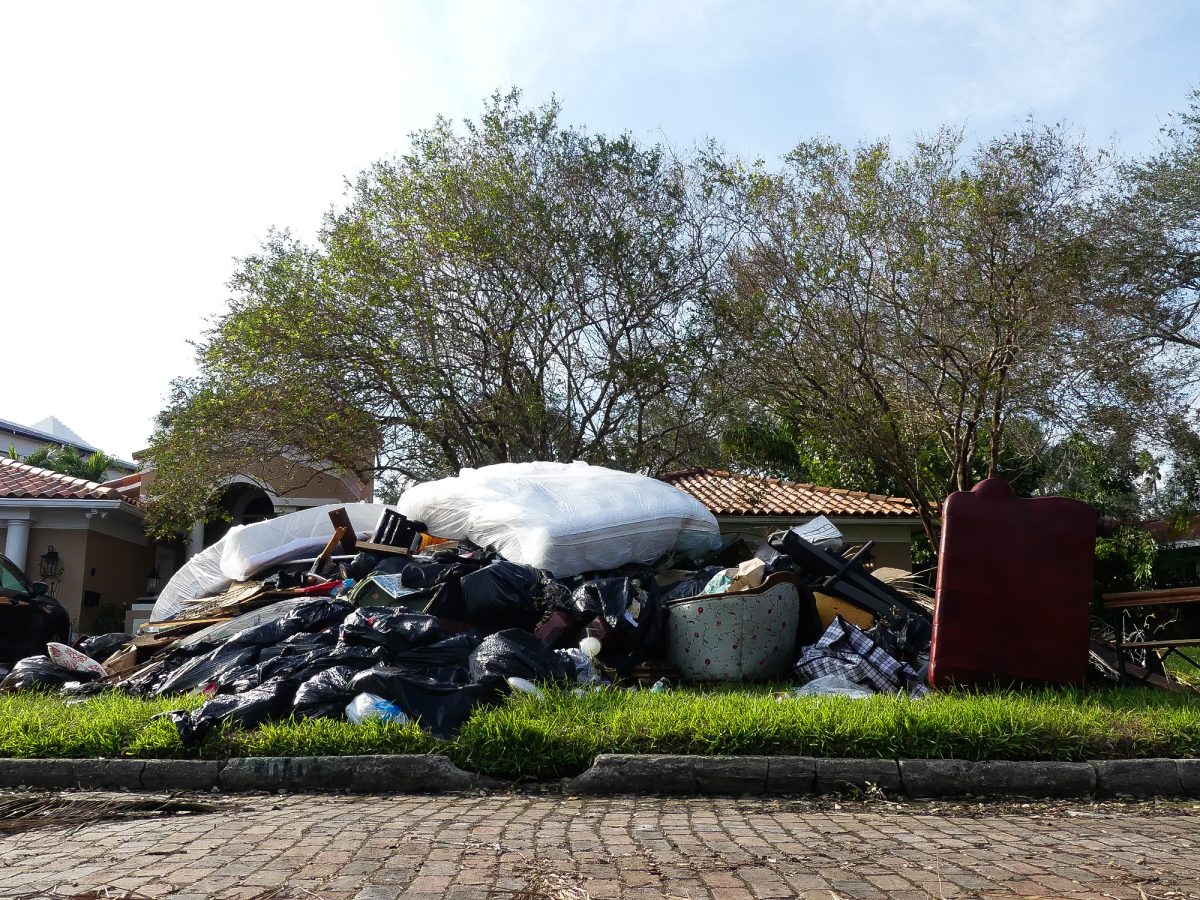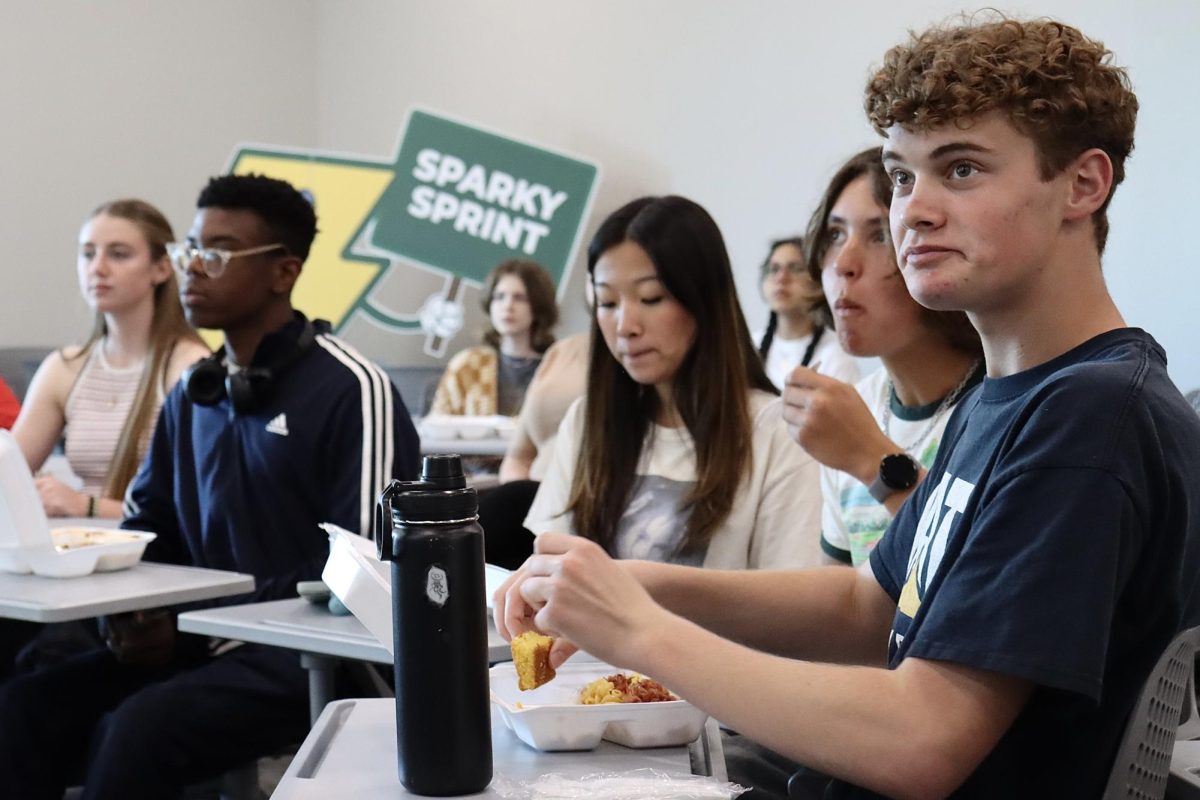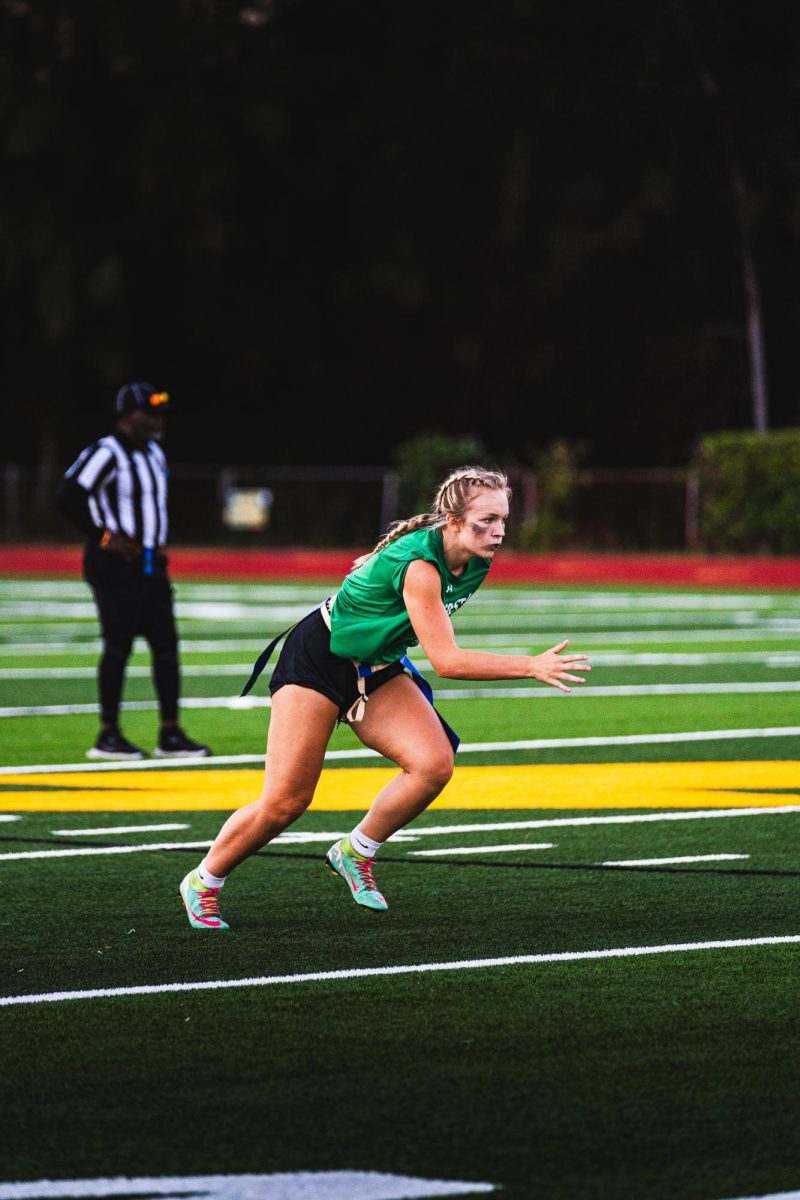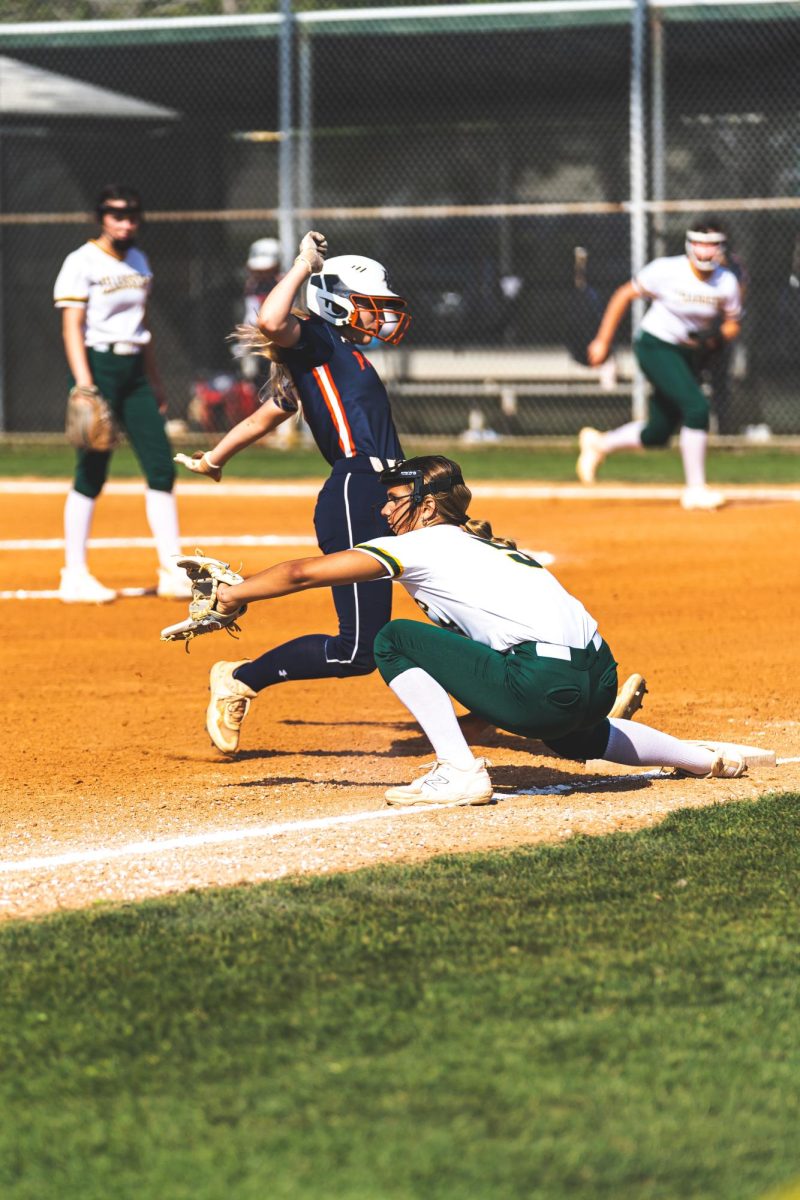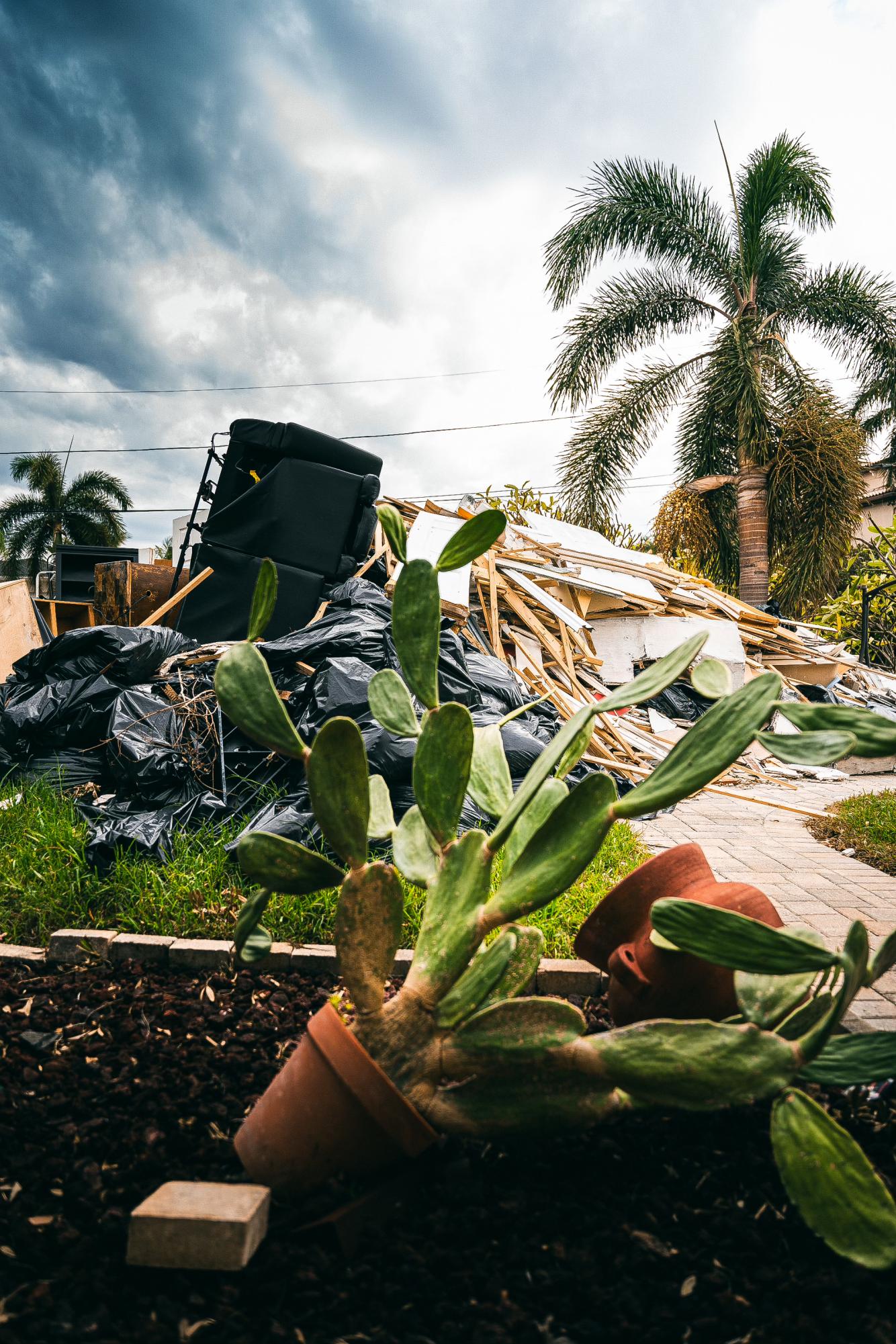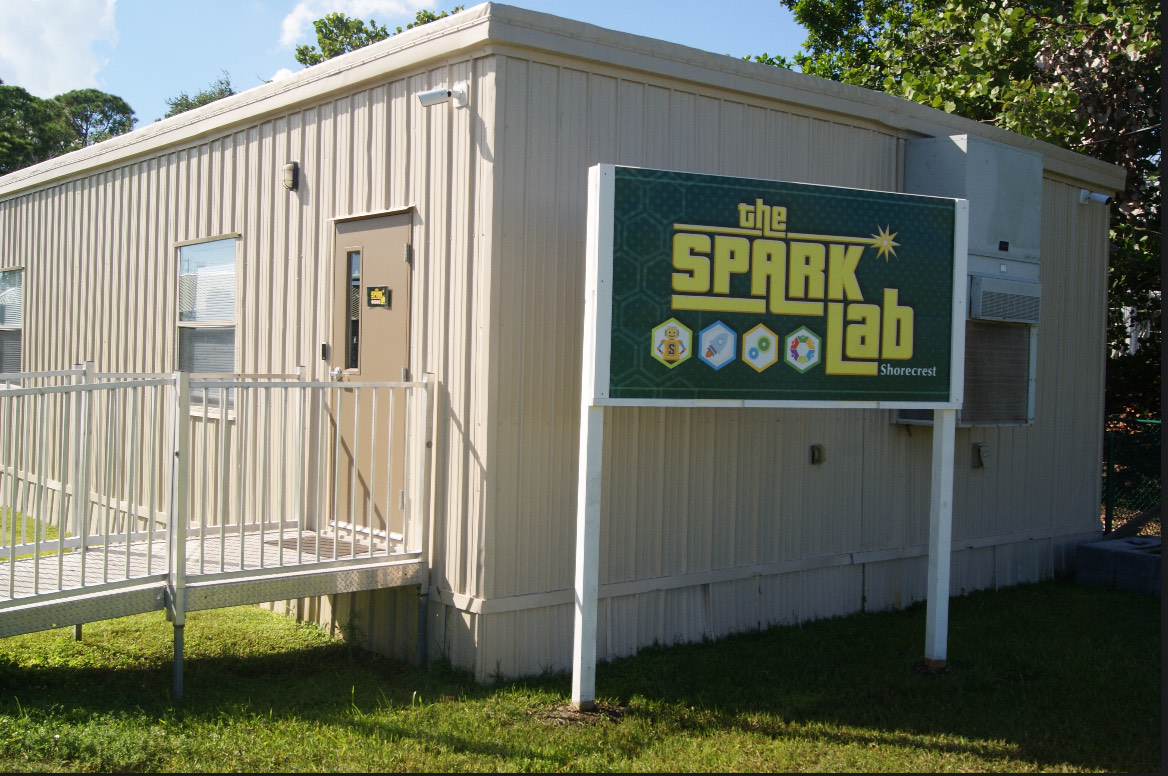“I smelled water, but I didn’t know what it was, so I just stayed in my bed,” said senior Ahmiyan Malcolm. “That’s when my mom opened my door and was like, ‘There’s water coming in the house.’”
Hurricanes Helene and Milton greatly devastated the Tampa Bay area, and the path of destruction certainly did not spare the Shorecrest community. Helene’s landfall in Perry, Florida on September 26th left 75 percent of 119 surveyed Shorecrest US students without power and/or water.
Just two weeks later, with five-foot-tall mounds of trash still littering the sidewalks and roadways, Milton hit Siesta Key. As of October 25th, almost 10% of Shorecrest’s students remained displaced.
Many underestimated the strength of Hurricane Helene and thus chose to remain in their homes and not evacuate. Malcolm, located in Evacuation Zone A, was shocked as water rushed into his dark, powerless house shortly after Helene made landfall. “I saw a lot coming in. It was just going through the doors … And then, it just kept, it kept rising, it was rising a lot,” he said.
Freshman Zoi Ricalde, who also stayed during the storm, said, “We were upstairs, on the second floor, and [the water] was halfway upstairs. If I jumped off of the balcony, it would be a [four to five] foot jump because the water was so high.”
Senior Luca Baker recounted his memories from the next morning: “I walked into what was my house and saw, you know, literally everything pretty much destroyed. When I walked into my room, it was completely in disarray. You could see where the water was on the wall, you could see where it got up to, and it was like, holy s—.”
For those who evacuated, photographs of their home did not do justice to the magnitude of destruction and the pain of seeing the devastation firsthand. When asked about his first time back home, junior Jimmy Schmidt said, “I was shocked. Our neighbor sent us pictures of our house before we got home, but like, actually going there, [it was] horrible, horrible, seeing the water line on your house, seeing how high the water went. It’s terrible. And then, just the smell, the worst smell ever, the worst smell ever.”
For people hit hard by Helene, Milton paled in comparison. Homes and cars were already destroyed, and years of memories had been swept away in the flooding. Upper School World Language Teacher Marina Pallares said, “I remember my husband saying, ‘Bring [Hurricane Milton] on,’ because we had nothing left.”
The community continues to feel the impacts of the storms every day. The city has yet to collect all the garbage from the streets, and many homeowners haven’t received sufficient funds from insurance companies to make up for losses.
For the Shorecrest community, administrators have tried their best to return students to a sense of normalcy, but these disasters have affected everything from beloved homecoming traditions to college applications.
“I was very stressed out…. You know, like, I thought about what that would mean for my college experience, what that would mean for funding for a new house, that kind of stuff,” said Baker.
Despite colleges delaying deadlines nationwide to accommodate students in affected regions, extra time can’t eliminate the extra pressure of disoriented lifestyles and housing situations.
“It just kind of came out of nowhere, and then it messed up everything. But I haven’t been able to live at my house since that day, almost like a month,” said Malcolm.
Moments of such despair have led to unexpected and even irreplaceable quantities of loss: “Lots of baby pictures, lots of baby pictures and things from elementary school, handcrafted things that I made. So it’s like that part is sad because those are the things you can’t replace,” said Schmidt. Along with destroying pictures, legal documents, and belongings, the storms also destroyed memories — memories of beloved childhood homes, neighborhoods, and cities.
Even those who made it through the hurricanes sustaining minimal-to-no damage felt the impact in a different form. As the community comes together to support one another, more fortunate people are experiencing survivor’s guilt.
Schmidt, despite being greatly impacted by the storm, also feels this guilt: “You hear about all these other things people are going through, and it’s weird because you think what you’re going through is bad, but then you hear about your friend whose [situation is] ten times worse.”
Although the hurricanes caused much destruction throughout the community, the storms’ aftermath presented countless opportunities for neighbors to come together and help one another.
Pallares recounted the state of her home immediately following Helene, remembering the kind actions of those around her: “How do you tell people, ‘come to a place that stinks, where there is dead fish everywhere, and help me move the beds and the fridge,’ and it’s horrendous. There was no air conditioning. And then when my friends came, the ones that came, I realized, this is real help, you know, because it’s not easy. It’s not pleasant.”
Members of the Shorecrest community and all those affected by Hurricanes Helene and Milton are incredibly lucky to have such a supportive, strong community to get them through these tragic times.

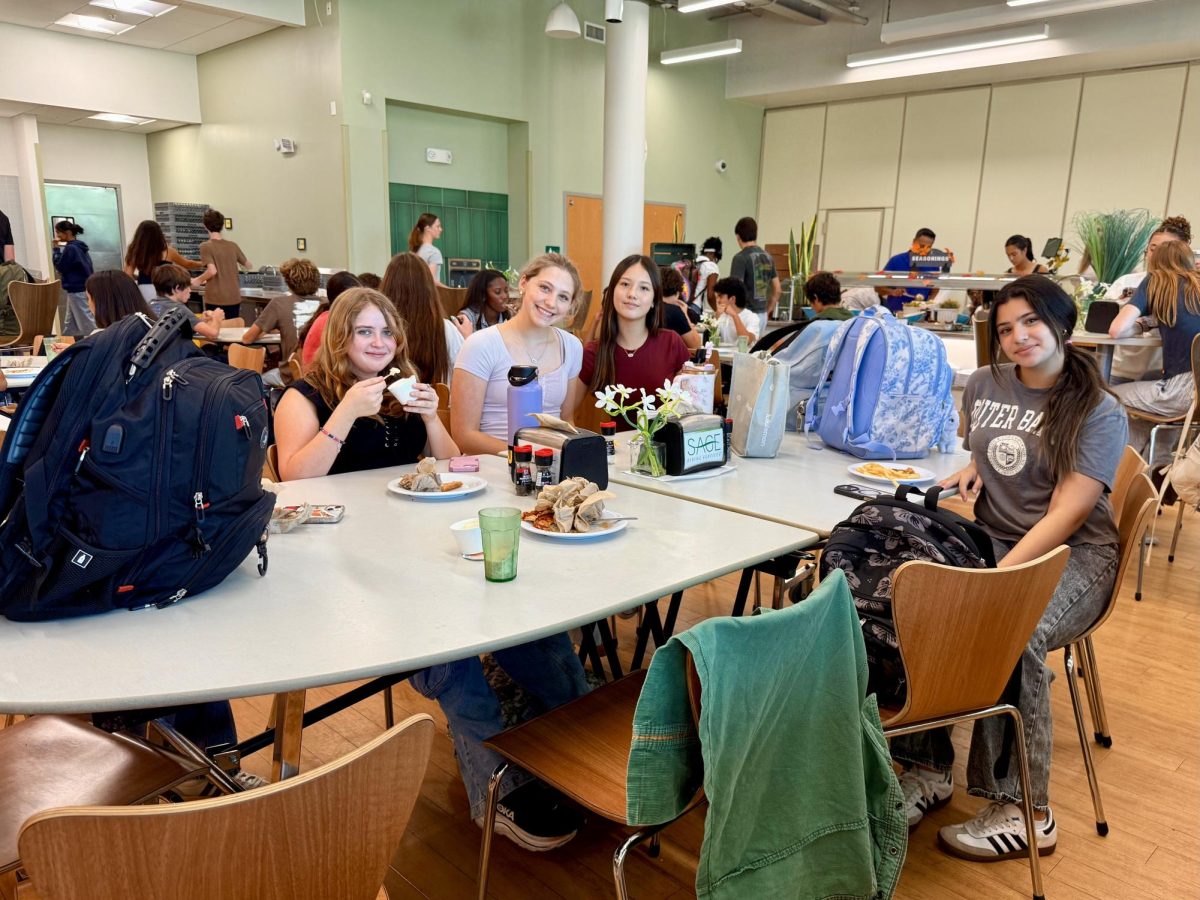

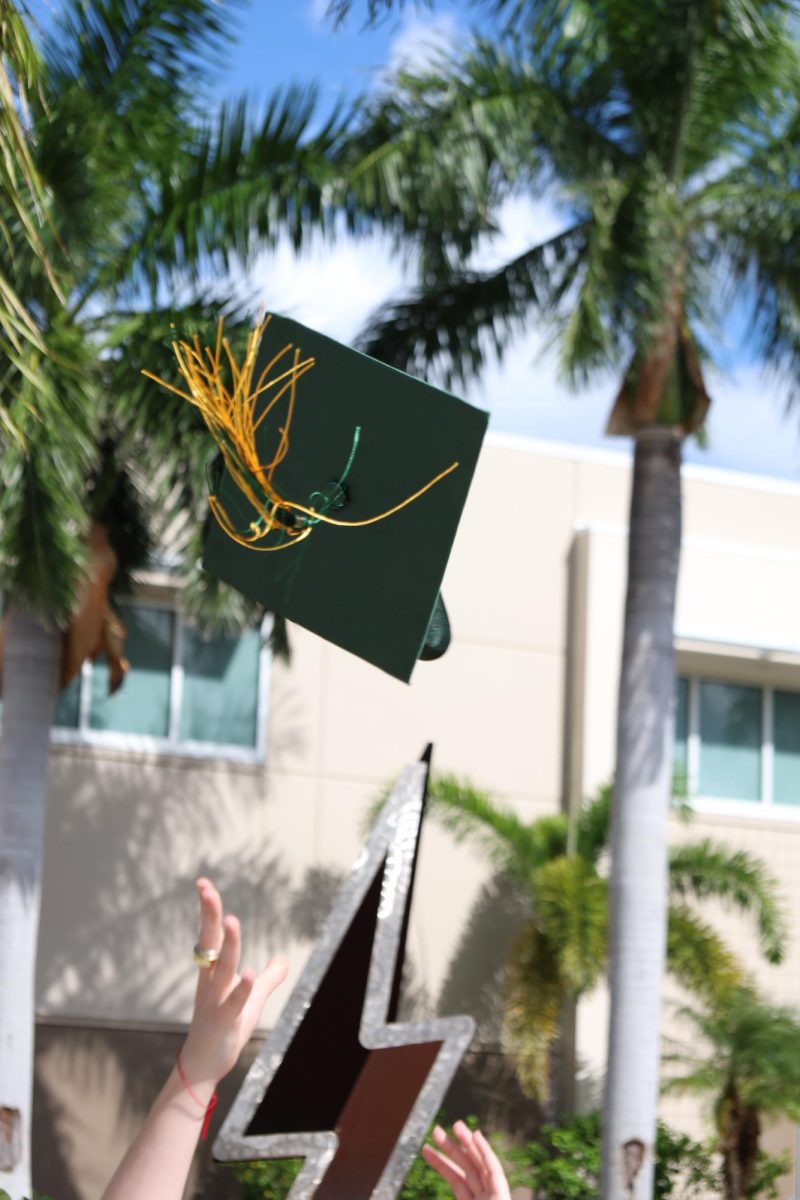
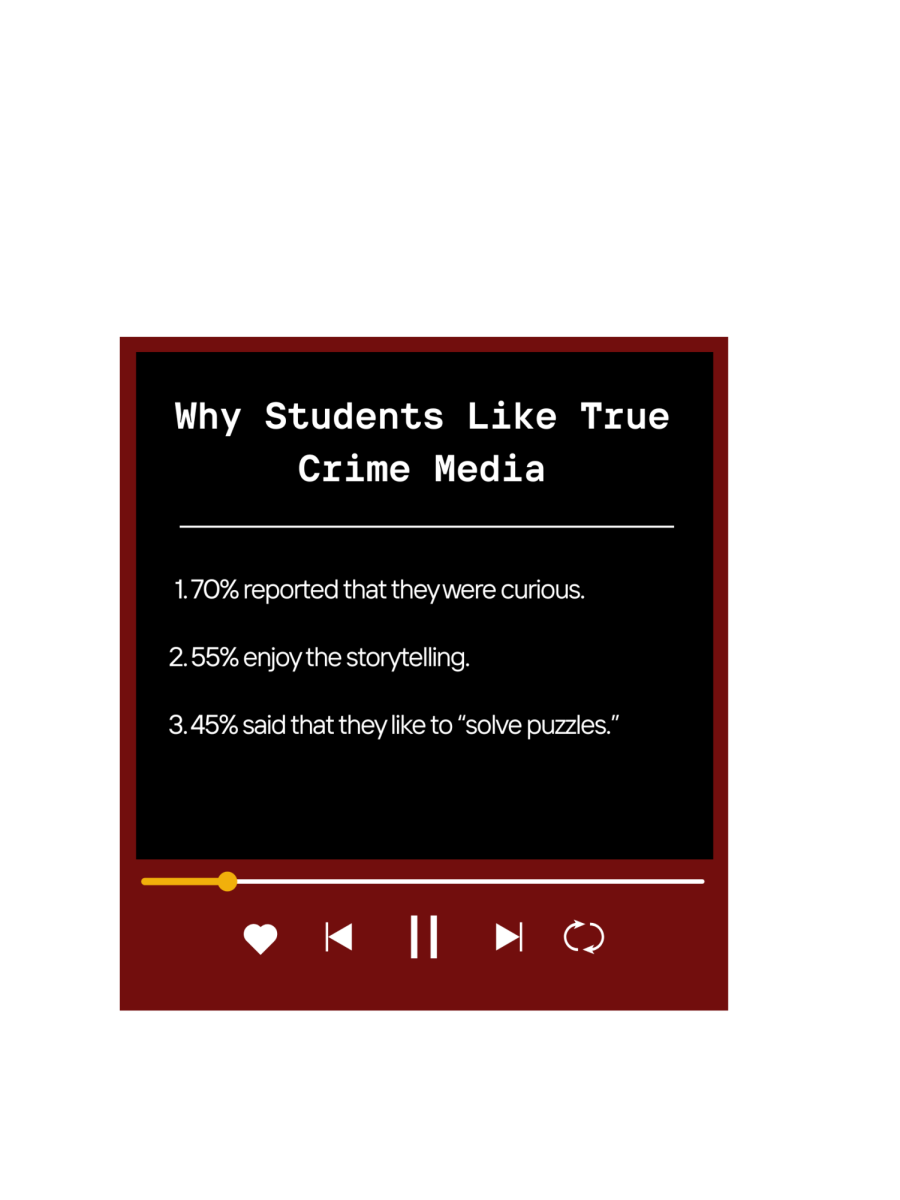
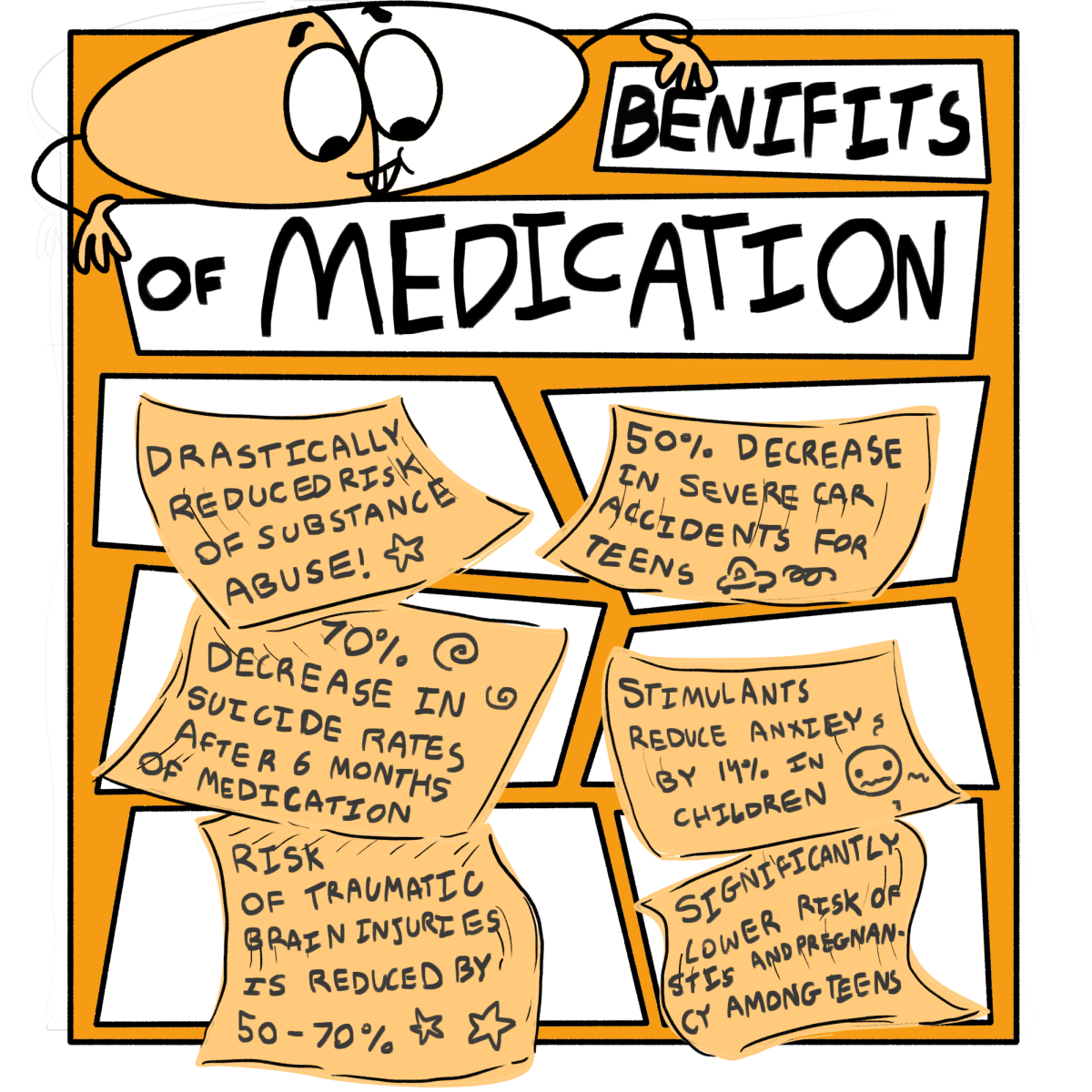
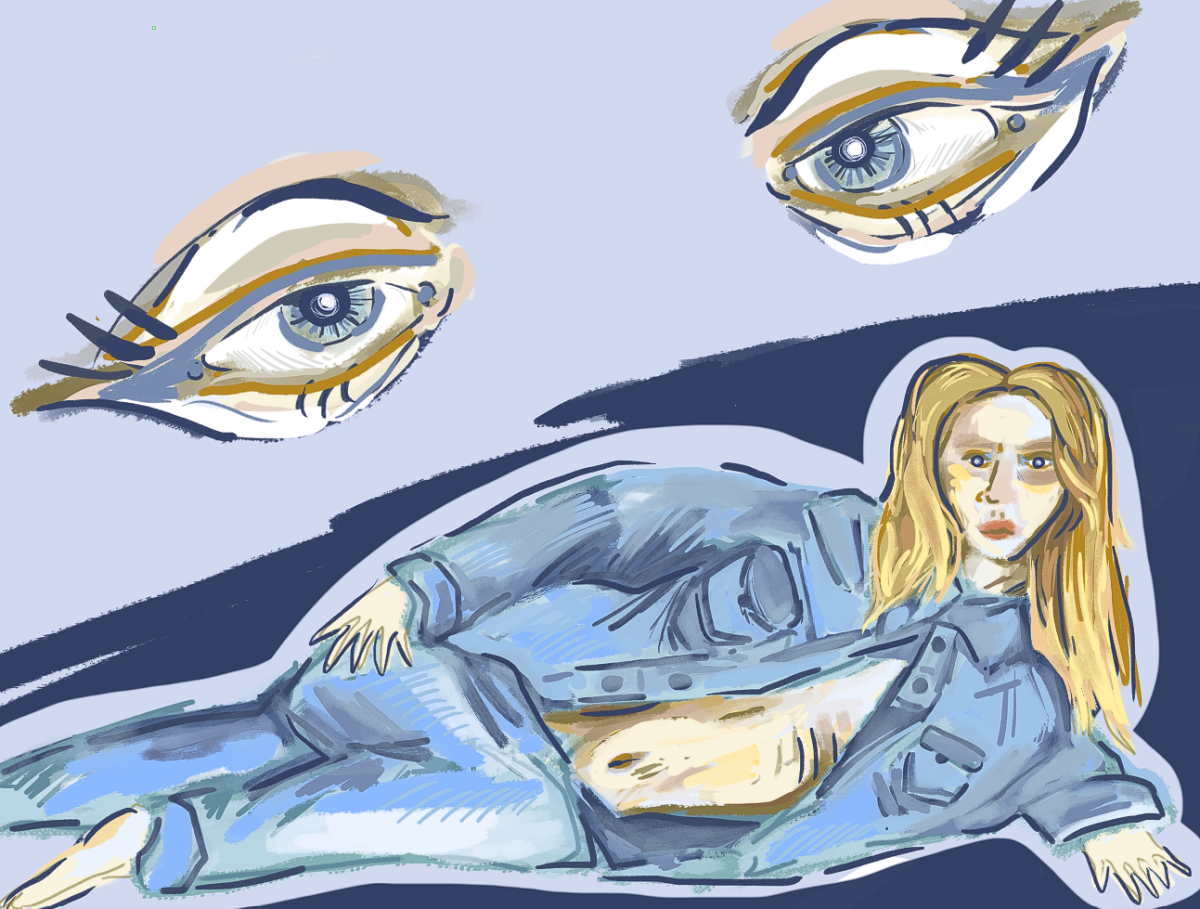

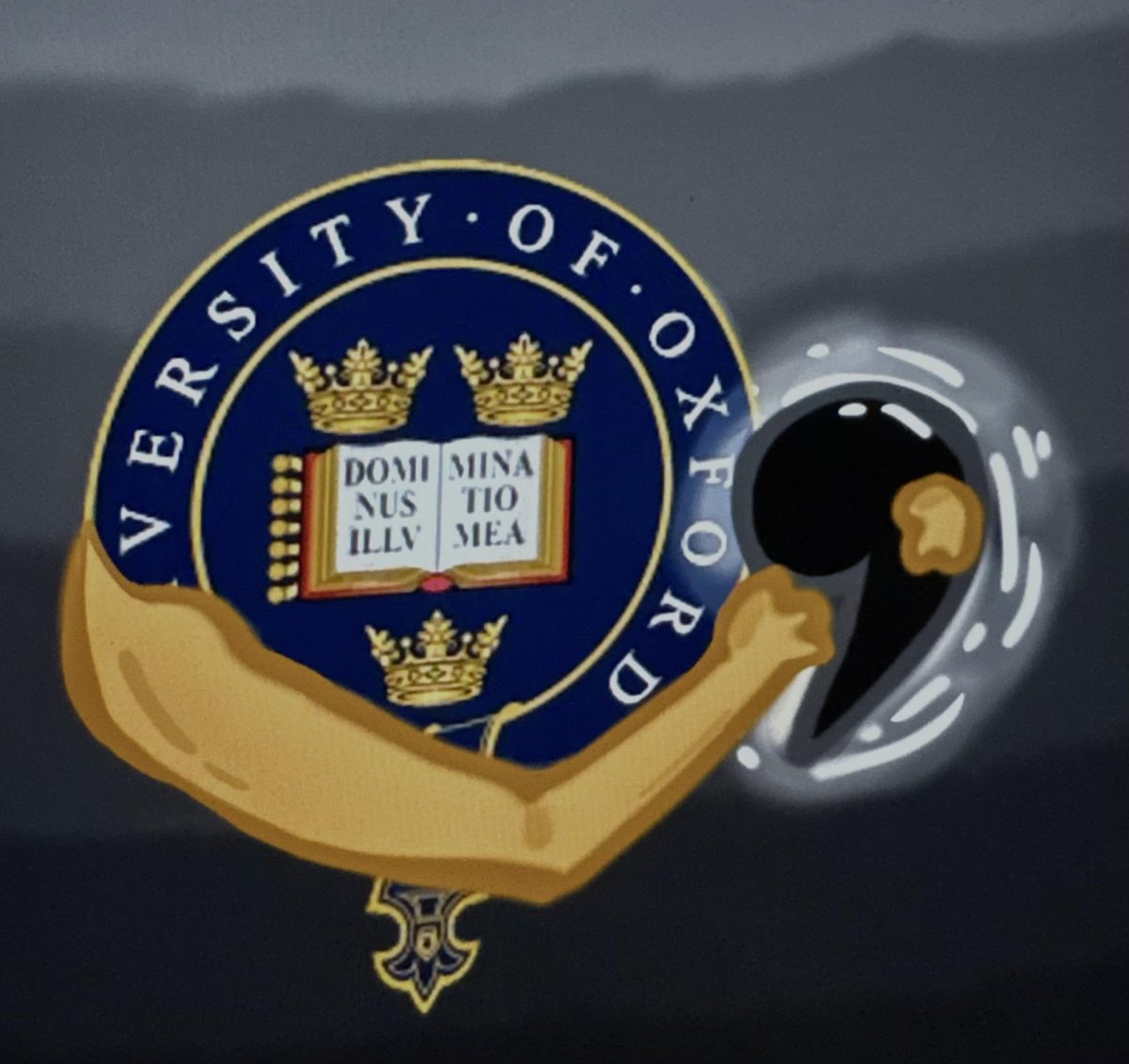


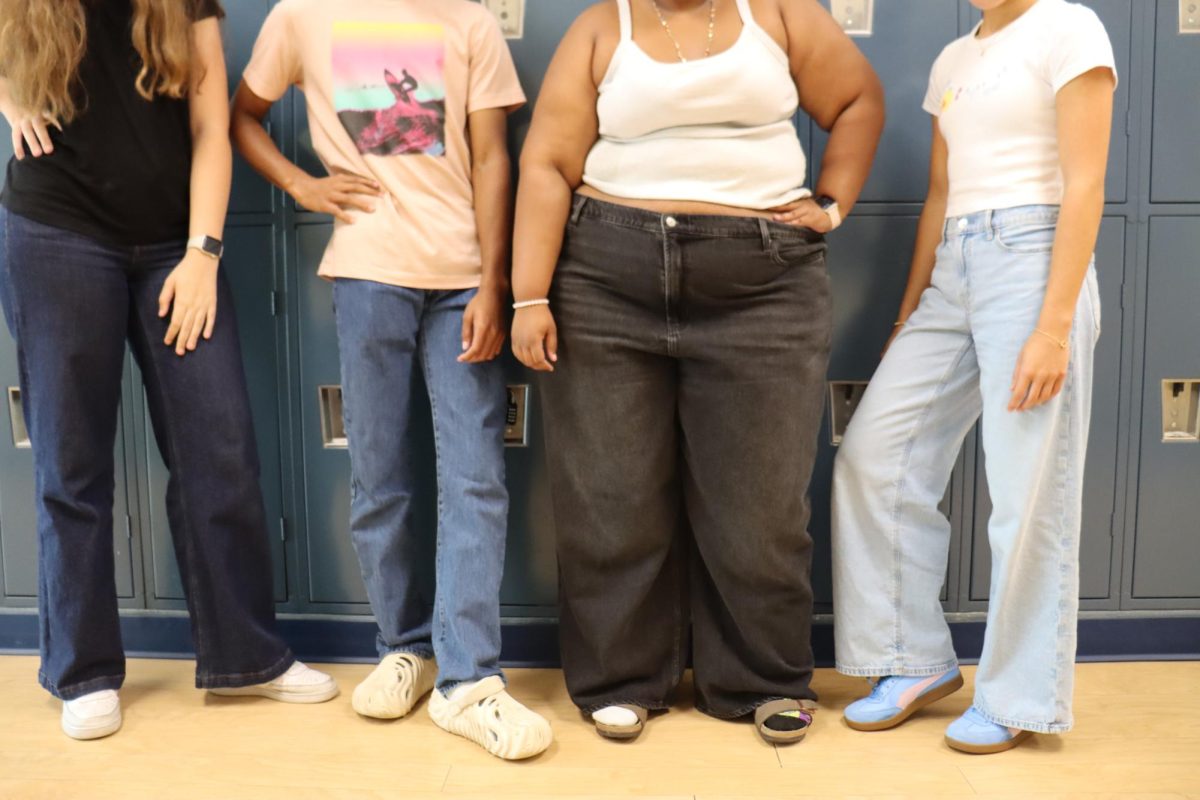
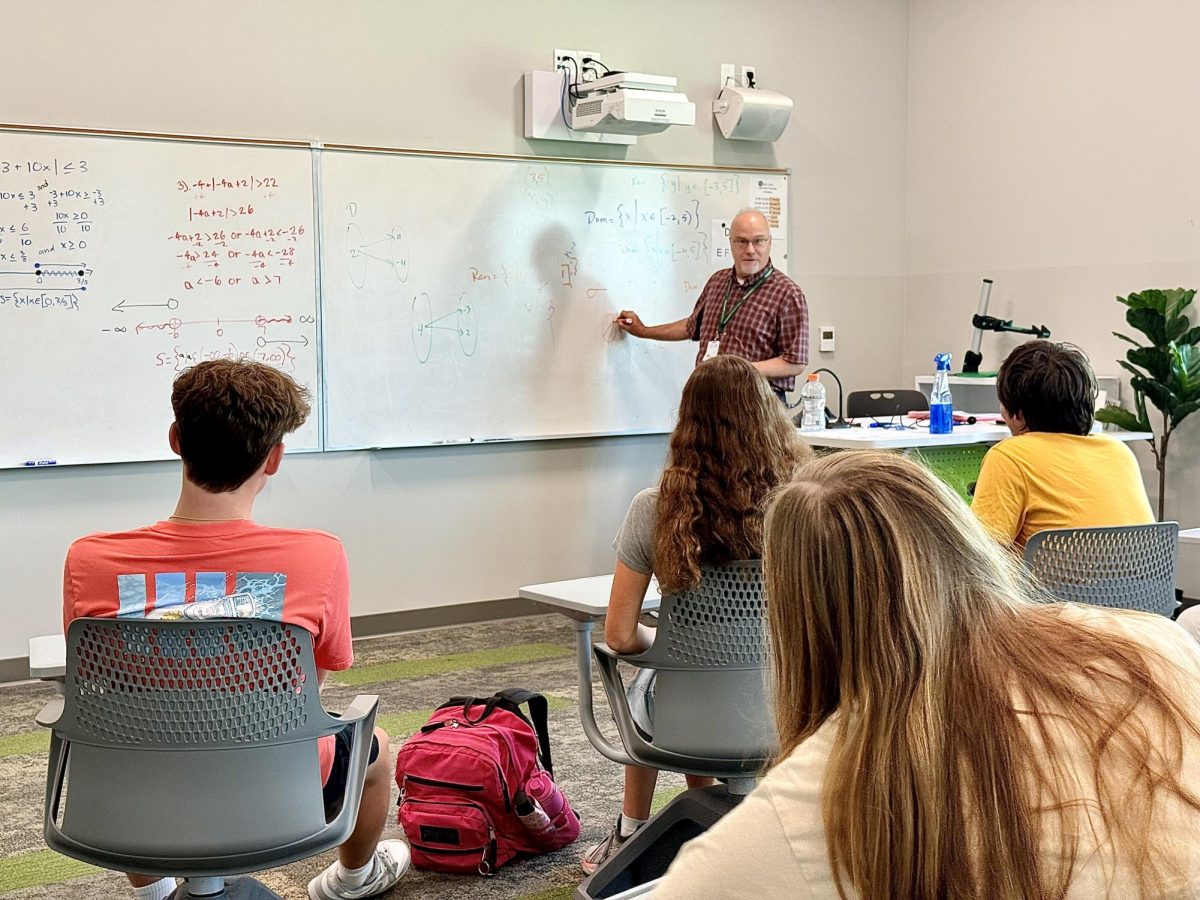


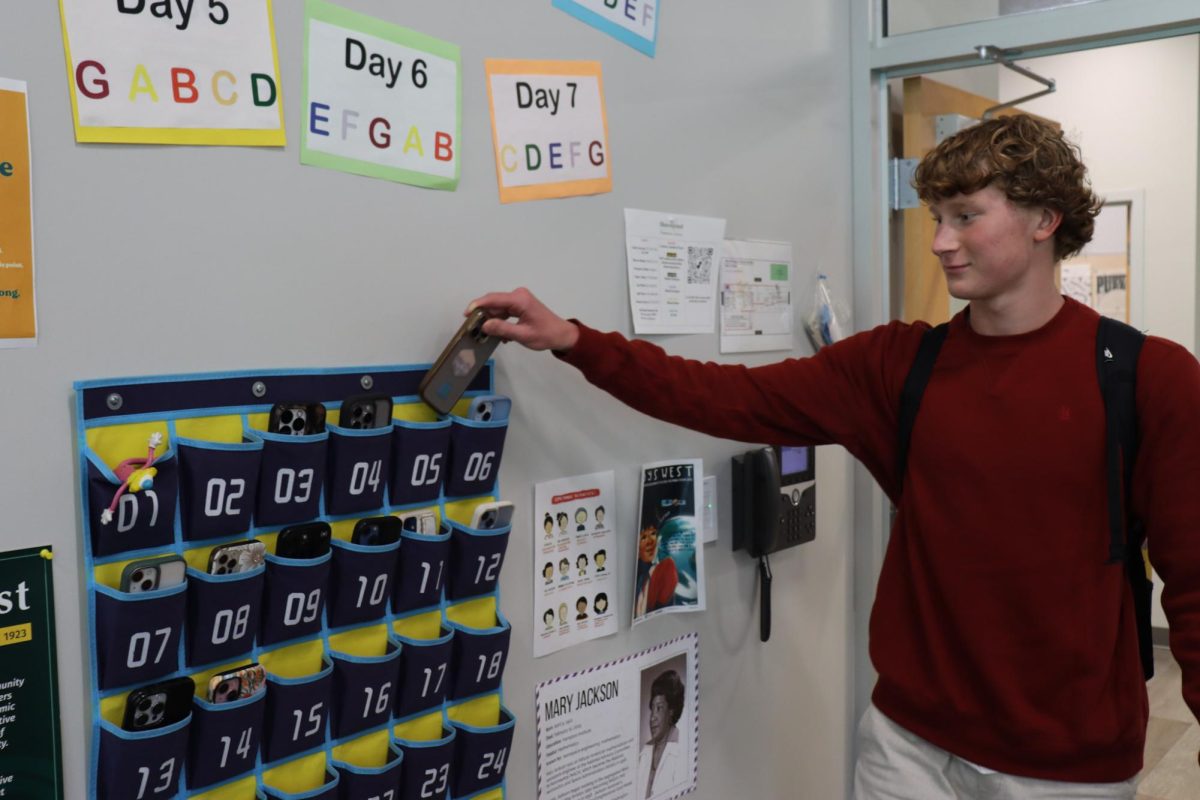
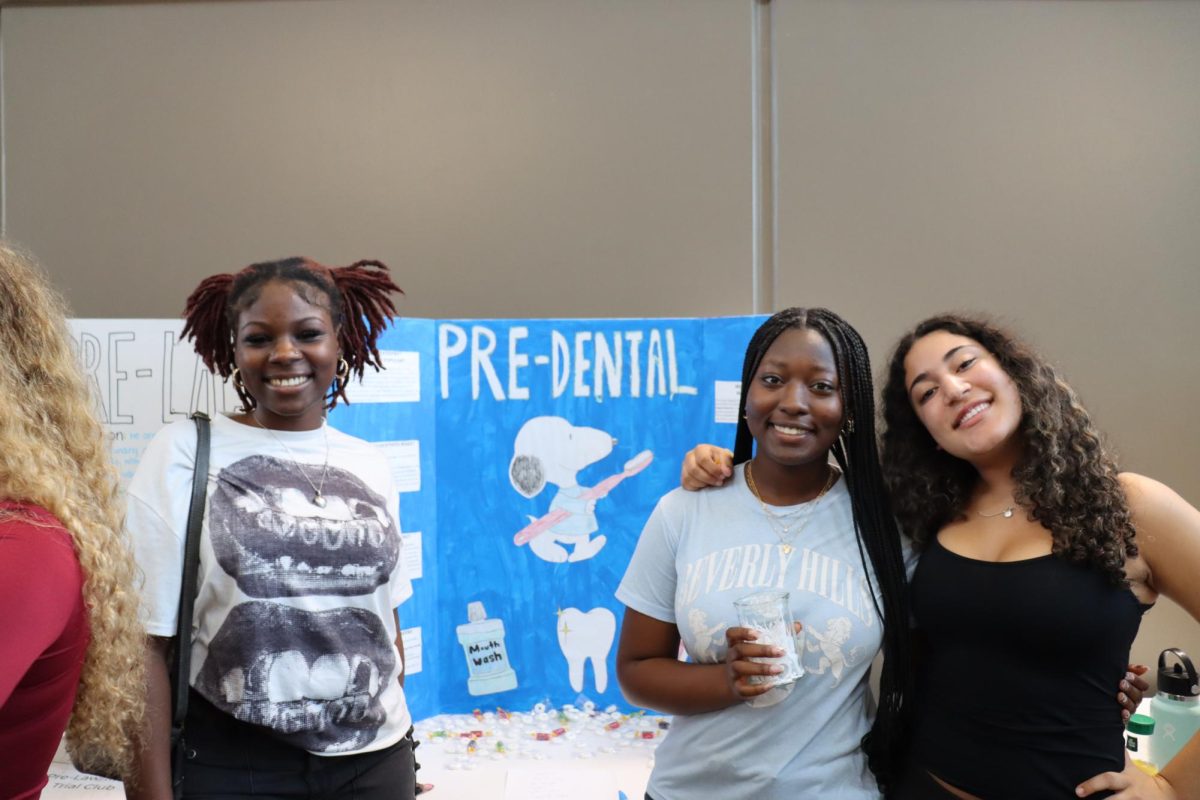
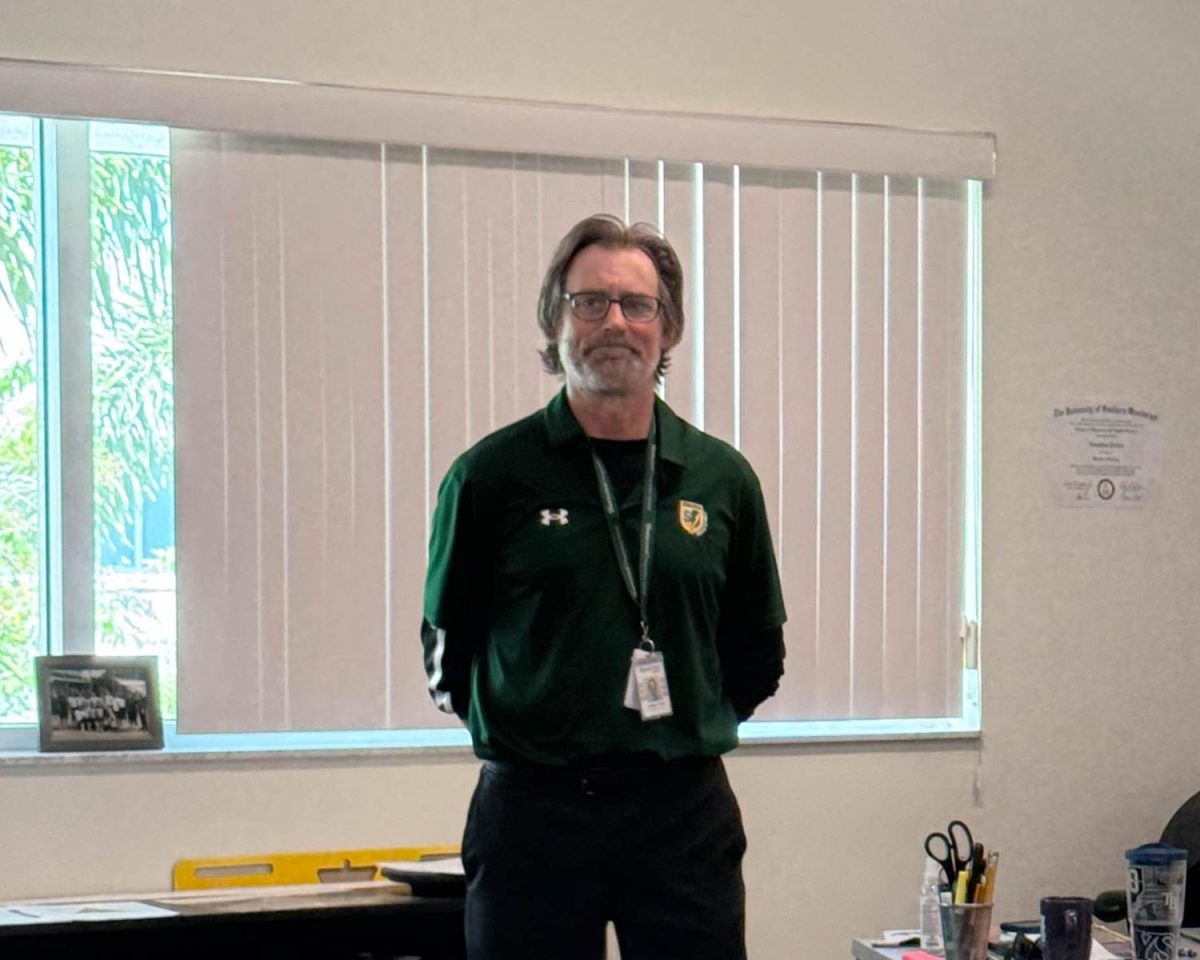
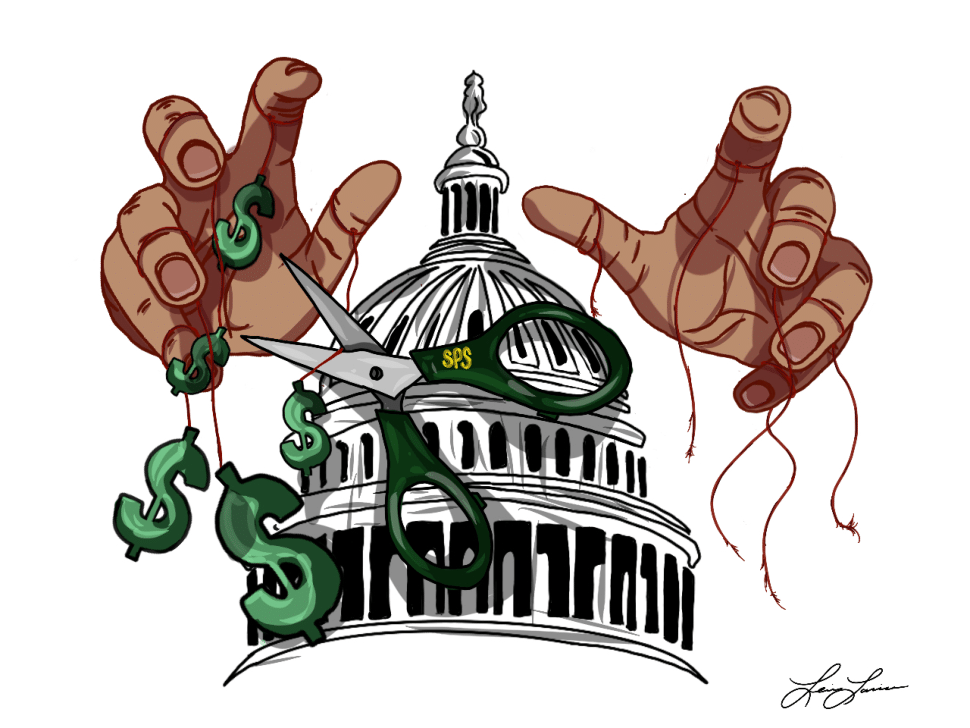

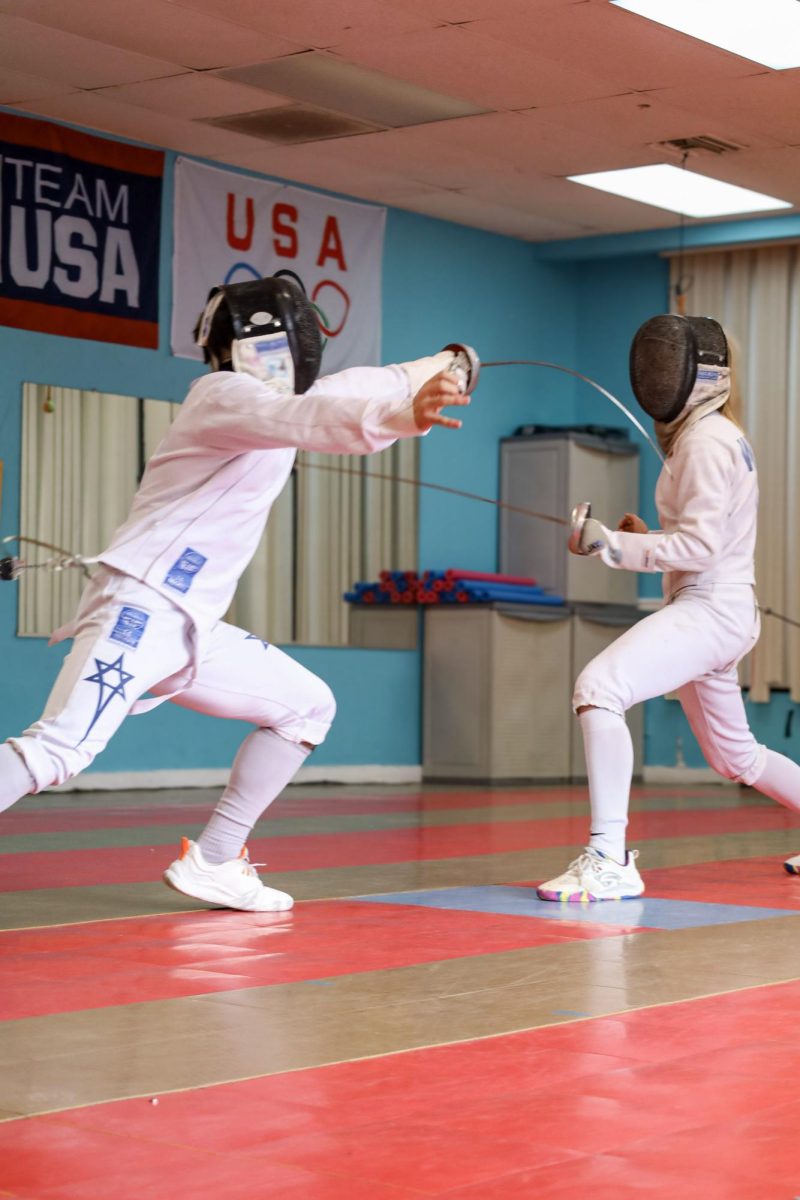
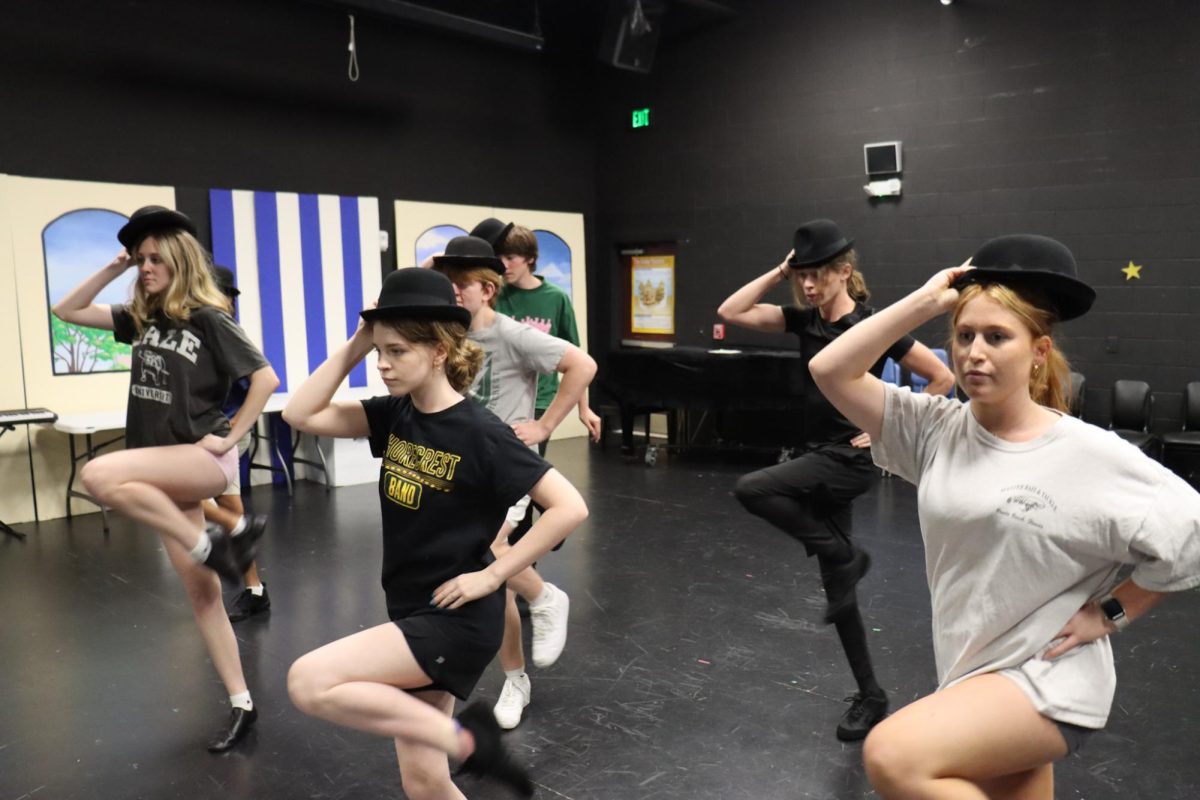
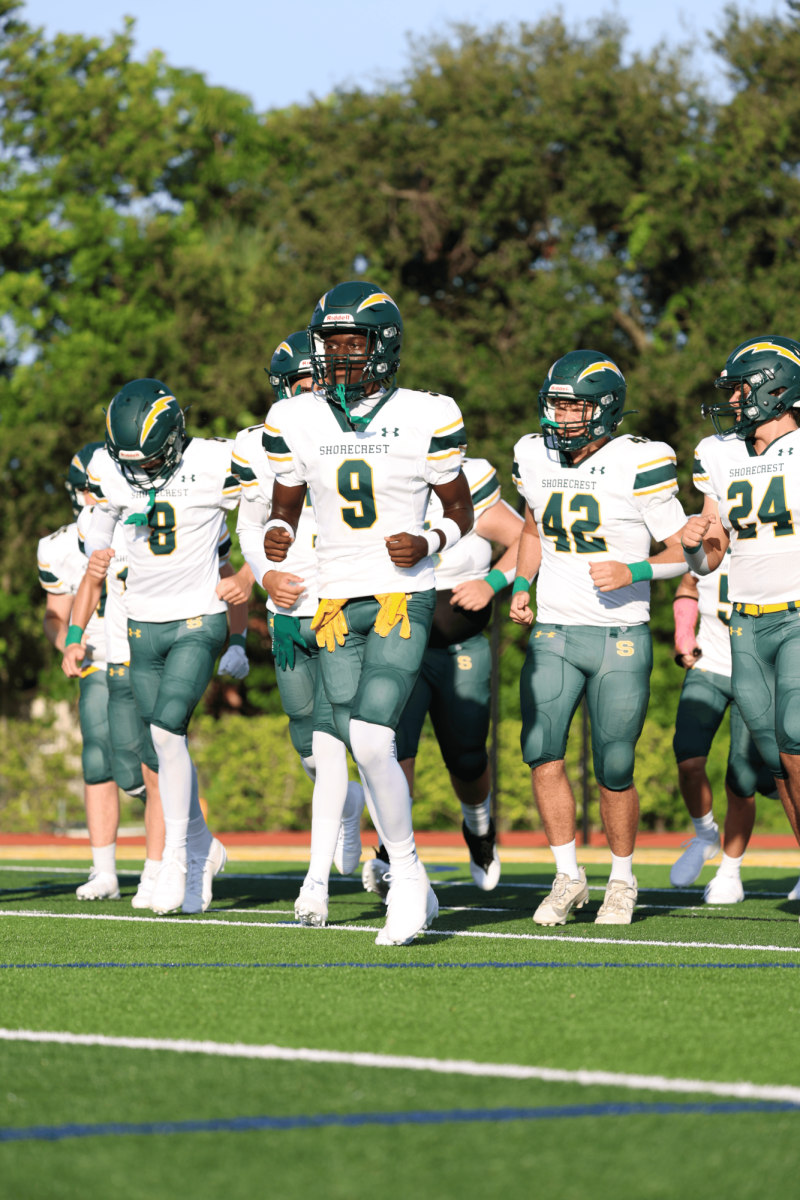


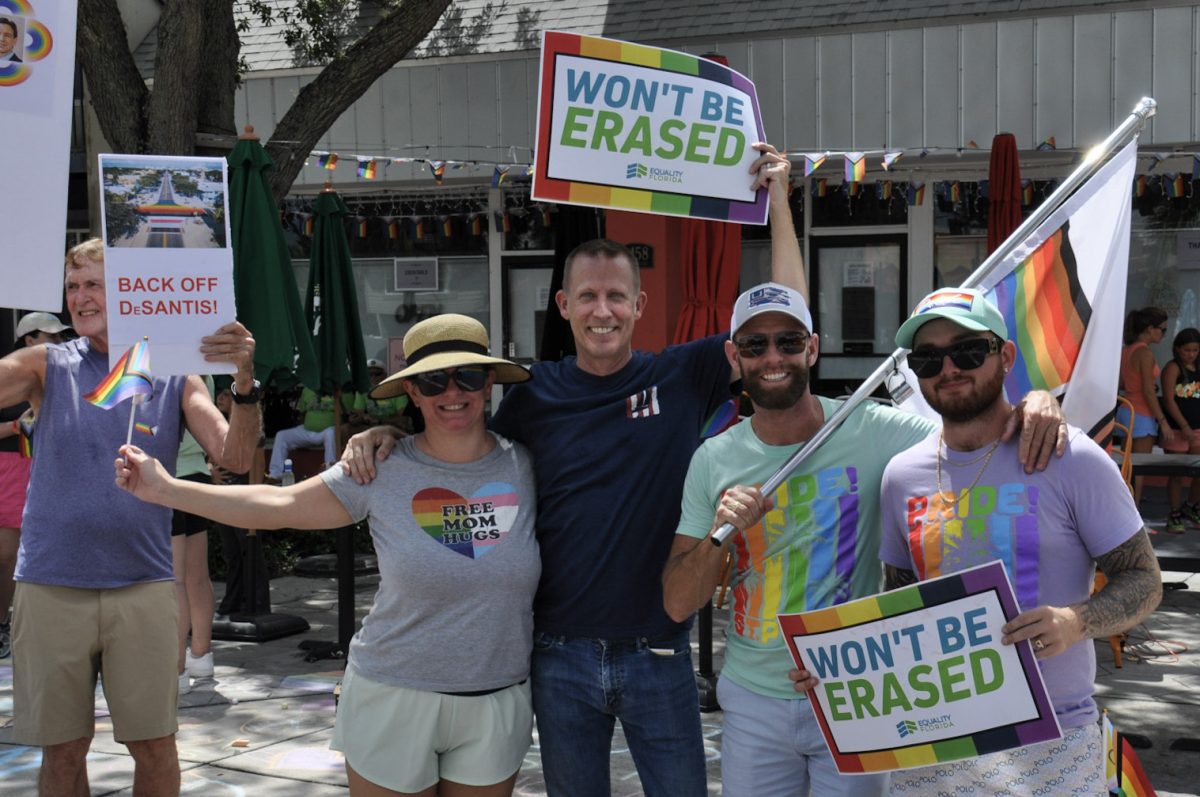




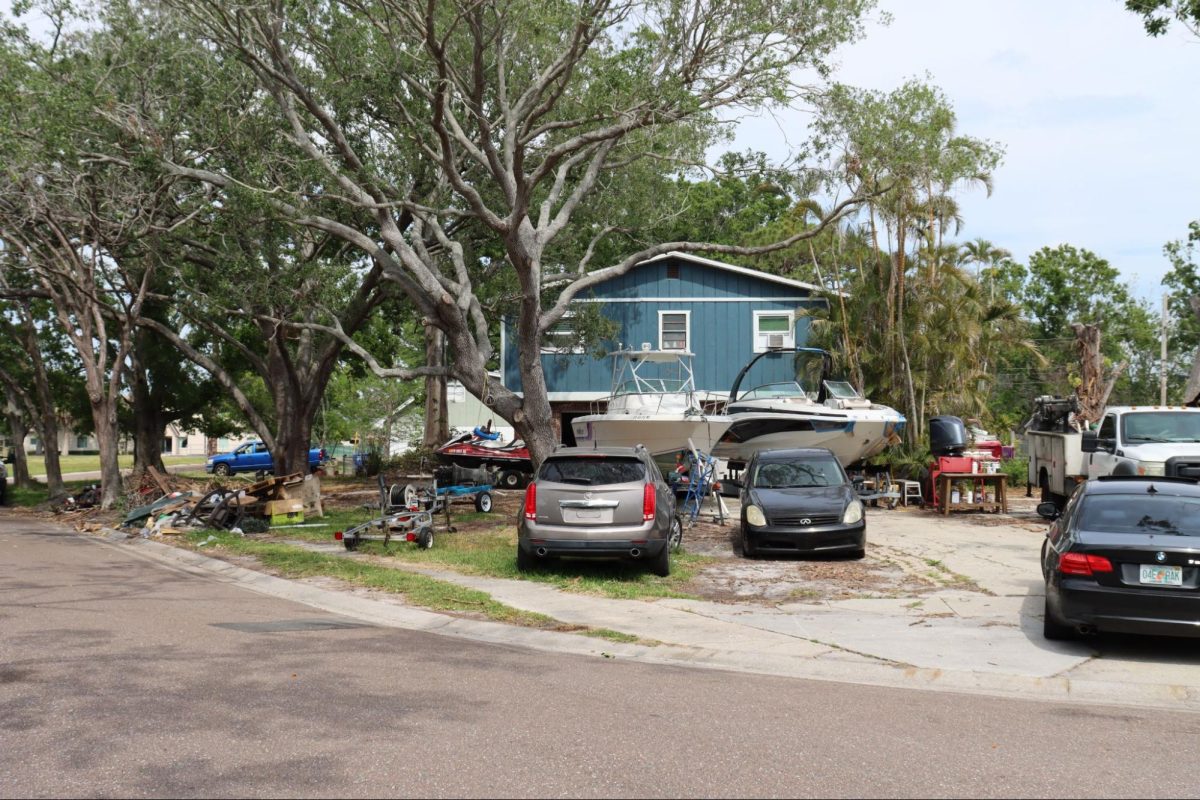
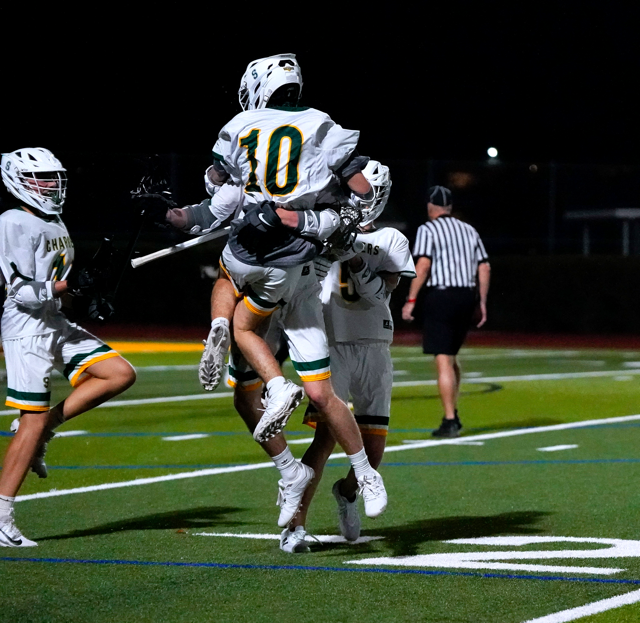

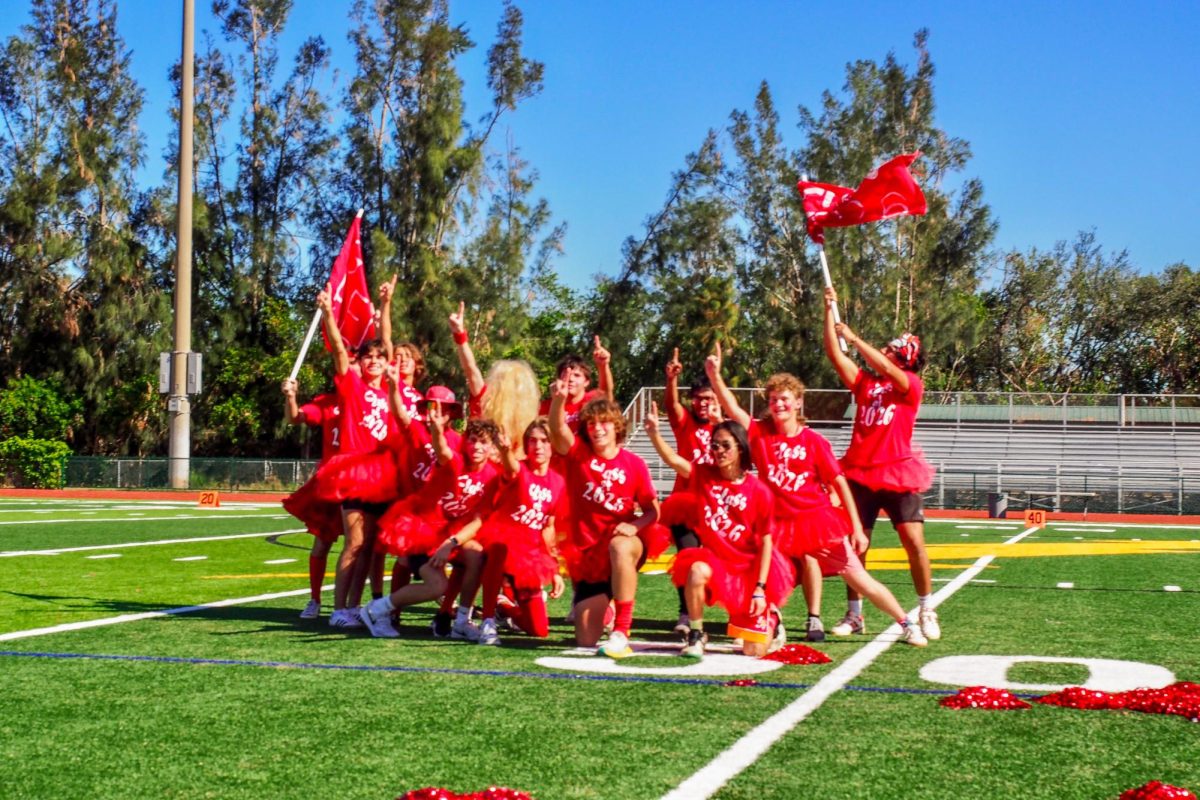
![Thespians pose on a staircase at the District IV Thespian Festival. [Front to back] Luca Baker, Maddison Cirino, Tanyiah Ellison, Alex Lewis, Summer Farkas, Jill Marcus, Ella Mathews, Sanjay Sinha, Isabella Jank, Sofia Lee, Boston Littlepage-Santana, Sally Keane, Tyler Biggar, Tanner Johnson, Jasper Hallock-Wishner, Remy de Paris, Alex Jank, Kaelie Dieter, and Daniel Cooper. Photo by Michael McCarthy.](https://spschronicle.org/wp-content/uploads/2024/12/image1-900x1200.jpg)

